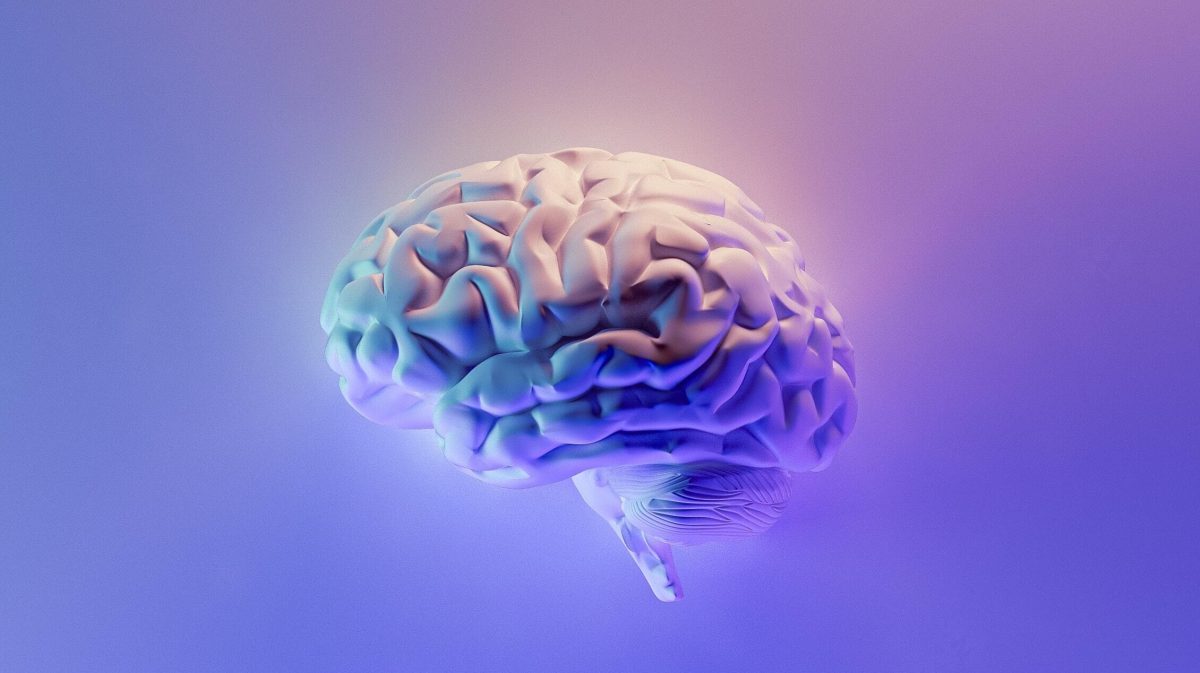You can Rewire Your Brain
You can rewrite a traumatic memory. Important events are stored in the brain as a combination of the facts and an associated feeling. Scientists are hoping to treat trauma by manipulating neurotensin levels in the brain, but there is another way. Trauma therapists have known for many years that it is possible to regenerate images in memory, and neuroscience is slowing discovering what happens in the brain.
It turns out that every time we access a memory, it gets weaker. Normally, we automatically re-write the same memory. That’s why we don’t notice the process. But when working with a therapist in a situation of emotional safety, we can re-write the memory with a different feeling.
If you want to know more about this process, and how it can help you, I’ll be happy to tell you more. You can book a time to talk at no cost on my website. I hope to hear from you.







